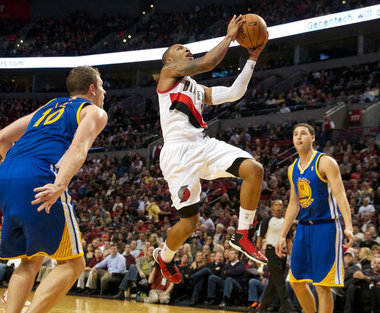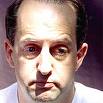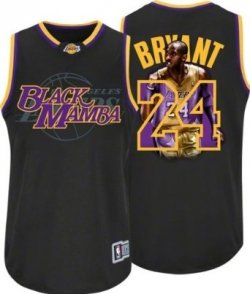In the interview, talk about your talent plan
Cool story from (Shock!), the world of sports, in this case professional basketball. The National Basketball Association, (NBA), is not unlike most competitive businesses in that strategy and leadership, while important, will only take an organization so far. To win, heck, to even compete for NBA titles, a supremely talented and thoughtfully assembled roster of players is mandatory. And even then, since almost all the teams possess top talent, you'll never be guaranteed of success, for the teams that usually win rely on two or three superstars - ultra-rare talents that all teams need and compete for. Like a young Lance Haun
Like a young Lance Haun
So last summer when Los Angeles Clippers executive Neal Olshey was interviewing for the General Manager job with the Portland Trail Blazers, he, in his words, spent almost the entire interview with Portand owner Paul Allen talking about talent - specifically how the Blazers biggest talent need was at the point guard position, AND the team should address that need by selecting a college player named Damian Lillard in the upcoming player draft.
From a piece on SI.com on the Blazers, Olshey, and Lillard:
In the first week of June, Olshey left the Clippers, a team stocked with point guards but devoid of prominent draft picks, for the Trail Blazers, who had no reliable point guard but two lottery picks.
During his interview with Blazers owner Paul Allen, Olshey talked about Lillard almost as much as himself. "It was basically the whole interview," Olshey said. "The biggest need was clearly point guard and Damian was the guy. There was no question he was the guy." The Blazers wanted to draft him at No. 11, but feared, for good reason, that he would be gone, so they snagged him sixth.
So far, about a dozen games into the NBA season, and Lillard's career, Olshey's talent assessment has been right on the money - Lillard leads the Blazers in scoring, assists, and has impressed fans, rivals, and teammates with his outstanding and heady play.
The larger point I think this story illustrates is how having a talent plan, not just a 'business' or 'strategy' plan was to both Olshey's successful candidacy for the General Manager job, but also the ultimate success of the team, and by extension, Olshey's job performance.
It is fantastic in an interview setting if you can talk confidently about the target company's industry, competitive situation, opportunities, and challenges. It is great to be able to confidently describe how your skills and experience can help the company solve problems or operate more effectively. But if you can talk about talent - the needs, gaps, where to find talent, what kind of talent you'd recommend to bring into the organization, and how you will bring them in - then I think you have the advantage.
And if you can, like Mr. Olshey has so far in his tenure, execute on your talent plans, then you win.

 Steve
Steve


